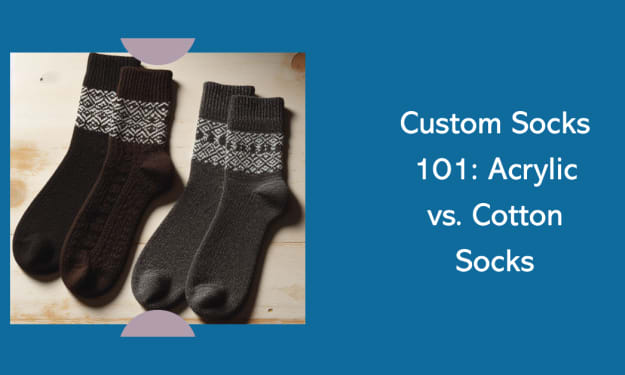
In a few paragraphs a picture of the lush vegetation and swarming reptiles of that first great summer of life, the Mesozoic period, has been sketched. But while the Dinosaurs lorded it over the hot selvas and marshy plains and the Pterodactyls filled the forests with their flutterings and possibly with shrieks and croakings as they pursued the humming insect life of the still flowerless shrubs and trees, some less conspicuous and less abundant forms upon the margins of this abounding life were acquiring certain powers and learning certain lessons of endurance, that were to be of the utmost value to their race when at last the smiling generosity of sun and earth began to fade.
A group of tribes and genera of hopping reptiles, small creatures of the dinosaur type, seem to have been pushed by competition and the pursuit of their enemies towards the alternatives of extinction or adaptation to colder conditions in the higher hills or by the sea. Among these distressed tribes there was developed a new type of scale—scales that were elongated into quill-like forms and that presently branched into the crude beginnings of feathers. These quill-like scales layover one another and formed a heat-retaining covering more efficient than any reptilian covering that had hitherto existed. So they permitted an invasion of colder regions that were otherwise uninhabited. Perhaps simultaneously with these changes there arose in these creatures a greater solicitude for their eggs. Most reptiles are apparently quite careless about their eggs, which are left for sun and season to hatch. But some of the varieties upon this new branch of the tree of life were acquiring a habit of guarding their eggs and keeping them warm with the warmth of their bodies.
With these adaptations to cold other internal modifications were going on that made these creatures, the primitive birds, warm-blooded and independent of basking. The very earliest birds seem to have been seabirds living upon fish, and their fore limbs were not wings but paddles rather after the penguin type. That peculiarly primitive bird, the New Zealand Ki-Wi, has feathers of a very simple sort, and neither flies nor appears to be descended from flying ancestors. In the development of the birds, feathers came before wings. But once the feather was developed the possibility of making a light spread of feathers led inevitably to the wing. We know of the fossil remains of one bird at least which had reptilian teeth in its jaw and a long reptilian tail, but which also had a true bird’s wing and which certainly flew and held its own among the pterodactyls of the Mesozoic time. Nevertheless birds were neither varied nor abundant in Mesozoic times. If a man could go back to typical Mesozoic country, he might walk for days and never see or hear such a thing as a bird, though he would see a great abundance of pterodactyls and insects among the fronds andAnd another thing he would probably never see, and that would be any sign of a mammal. Probably the first mammals were in existence millions of years before the first thing one could call a bird, but they were altogether too small and obscure and remote for attention. reeds. The earliest mammals, like the earliest birds, were creatures driven by competition and pursuit into a life of hardship and adaptation to cold. With them also the scale became quill-like, and was developed into a heat-retaining covering; and they too underwent modifications, similar in kind though different in detail, to become warm-blooded and independent of basking. Instead of feathers they developed hairs, and instead of guarding and incubating their eggs they kept them warm and safe by retaining them inside their bodies until they were almost mature.





Comments
There are no comments for this story
Be the first to respond and start the conversation.